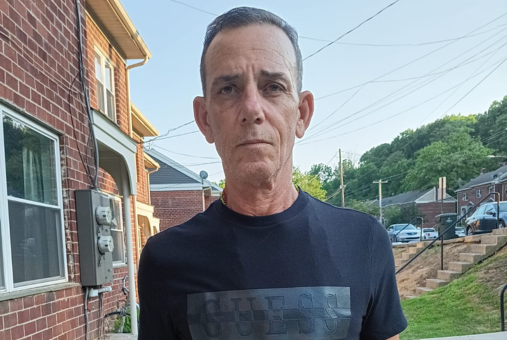
One month after his release from a Cuban prison, journalist Lázaro Yuri Valle Roca speaks with LJR about how being the grandson of a communist commander turned him into an unwavering dissident, and how international pressure led to his release
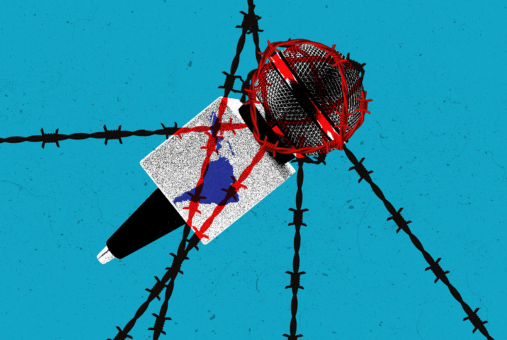
With their campaigns against independent media, the governments of several Latin American countries are beginning to threaten press freedom. Can Nicolás Maduro and Daniel Ortega's extreme of media blockages and closures be replicated?
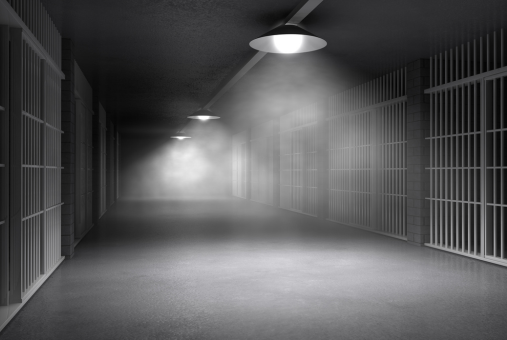
The Committee to Protect Journalists (CPJ) published its annual report on imprisoned journalists around the world. Although no country in Latin America and the Caribbean is on the list of “the worst jailers,” the report highlights three cases in the region and points out that media outlets and journalists there still face threats to carry out their work

Through data journalism, effective interview techniques and innovative dissemination strategies, these reports by Meganoticias (Chile), Red Es Poder (Mexico) and a team of independent journalists from Cuba have stood out for showing the severity of the obstetric violence suffered by thousands of women in the region.

Laura Sánchez Ley (Mexico) and Abraham Jiménez Enoa (Cuba) received the Journalist of the Year award, and the latter also received an award for bravery, at the One Young World 2023 Summit in Belfast, Northern Ireland. The journalists denounced journalism conditions in Latin America and voiced support for their colleagues in exile.
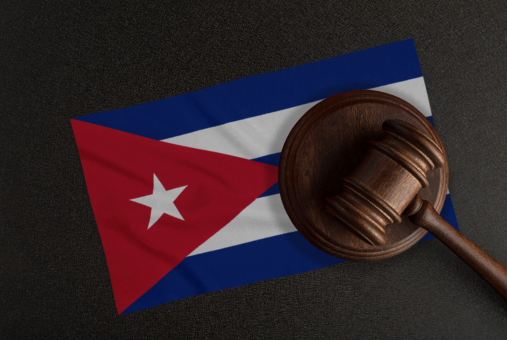
The Cuban regime signed into law a bill that seeks to regulate the media ecosystem on the island and to continue restricting freedom of expression of independent news outlets. LatAm Journalism Review (LJR) summarizes the four most important points regarding the approval of this new social communication law.
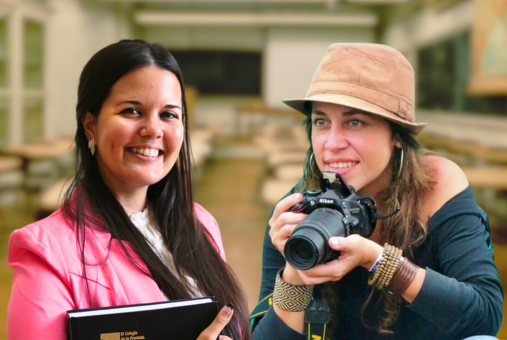
Colombian journalist Andrea Aldana and Cuban journalist Loraine Morales, who live in exile due to hostility towards journalism in their countries, will strengthen their teaching skills while sharing their experience with journalism students, as part of a program promoted by Reporters Without Borders and Spain's Miguel Hernández University.
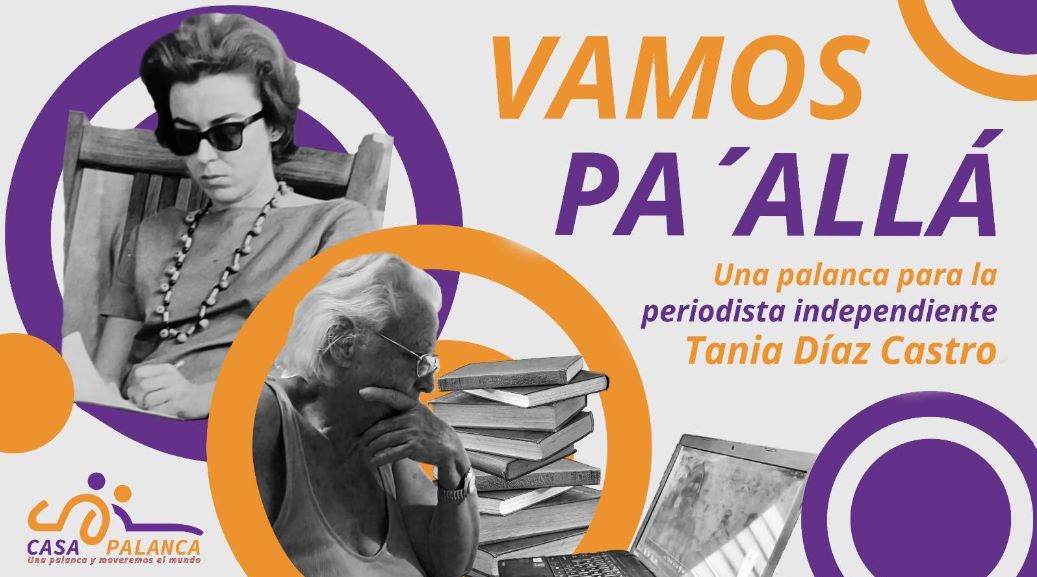
Cuban independent journalist Tania Díaz Castro dedicated 60 years to her profession, was a political prisoner, and published four books of poetry. Now 84 years old, she lives alone in Cuba without a pension or retirement. The Casa Palanca collective is carrying out a crowdsourcing campaign to obtain a dignified retirement for the journalist.
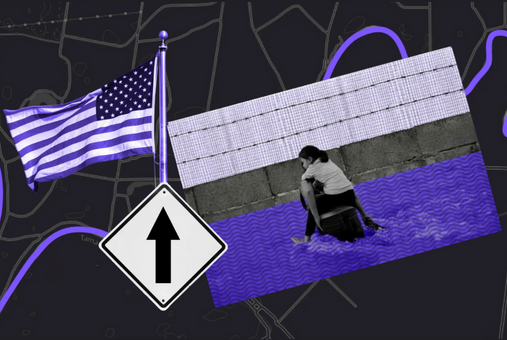
Through crowdsourcing, data journalism and community outreach, the fact-checking and data unit of the Cuban media elTOQUE developed "Migrating: A life and death decision," a multimedia special that seeks to collect data on the Cuban exodus to the United States and provide support to the families of those who died or disappeared along the way.

Journalist Abraham Jiménez Enoa, who in January this year published his first book, ‘La Isla Oculta’ [The hidden island], spoke to LJR about how independent journalism in his country struggles to survive in the face of a dictatorship. Also, he talked about how he found, in the long-form crónica, the ideal genre to narrate the complexities of Cuba, his exile and capitalism.